Cost reduction of 10% trends on social media, Europe sees wave of layoffs, affecting 50,000 jobs
![]() 11/27 2024
11/27 2024
![]() 591
591
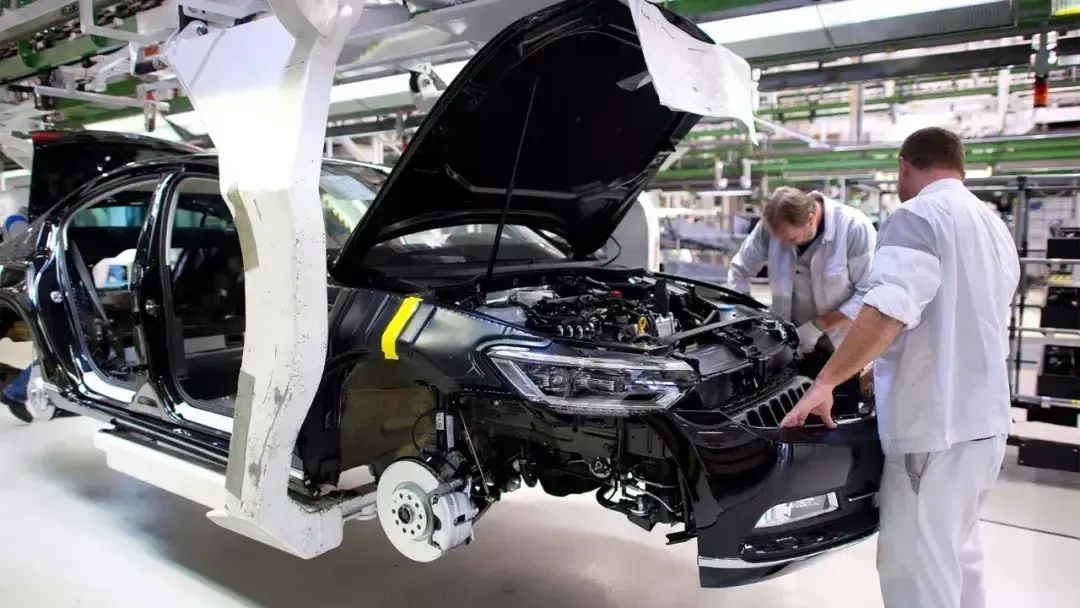
Cost cutting becomes the main theme
Author | Liu Yajie
Editor | Qin Zhangyong
Today, news of a "10% cost reduction" has dominated the headlines.
Actually, annual price negotiations are common practice, and not just one automaker is doing this. Compared to China, the automotive winter in Europe is even more pronounced.
Not only automakers but the entire European automotive supply chain seems to be wilting. Many automakers and component suppliers have announced layoffs and restructuring plans.
This includes giants like Volkswagen, Audi, and Stellantis, as well as Tier 1 companies like Bosch, ZF, and Schaeffler. According to incomplete statistics, 50,000 jobs will be lost during this cold spell.
If we shift our perspective to the global market, even more people will be affected. For example, Ford and General Motors in the US, as well as Nissan in Japan, also plan to lay off thousands of employees worldwide.
Correspondingly, corporate profit margins have hit rock bottom. As autonomous driving progresses and electrification gains momentum, will some players fall by the wayside first?
01 German auto workers hit hardest
As the birthplace of the automobile, Germany bears the brunt of this wave of layoffs. The German Association of the Automotive Industry (VDA) has predicted that 140,000 jobs will be lost in the German automotive industry over the next decade, equivalent to about 15% of the current total number of jobs.
Some have already felt the chill.
Thomas Schäfer, CEO of Volkswagen's Passenger Cars division, admitted that to cut costs by €4 billion (about RMB 30.3 billion), layoffs and plant closures were necessary.
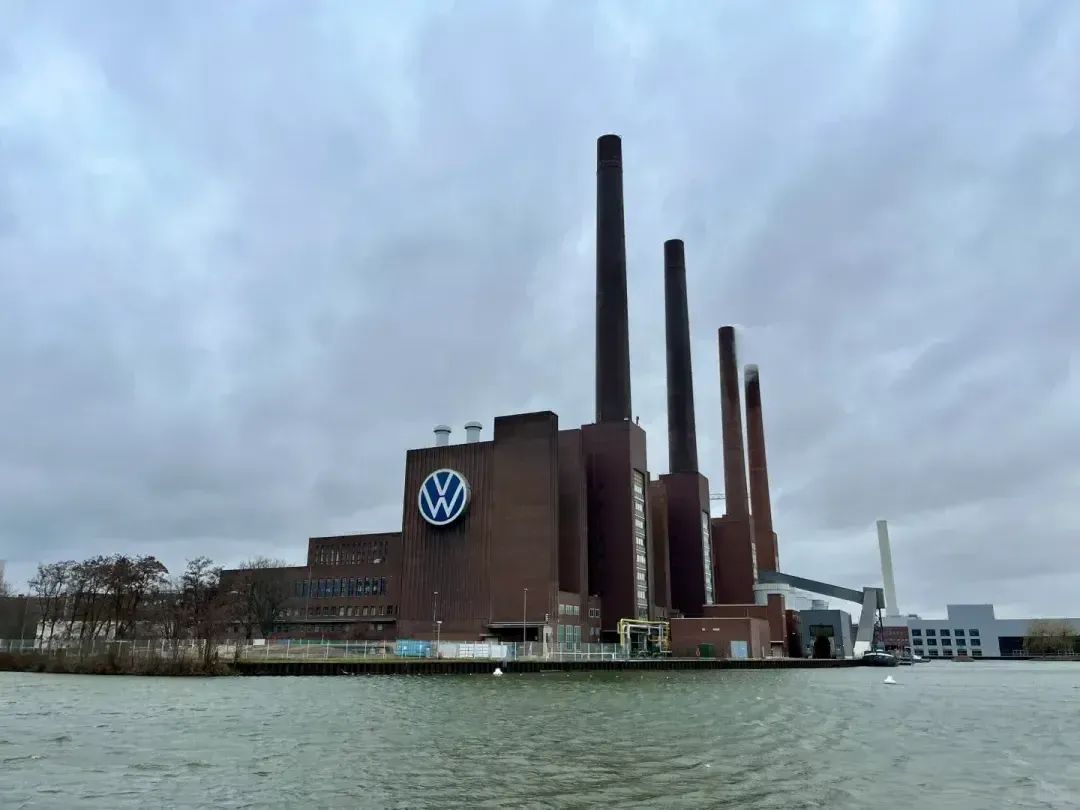
Prior to this, Volkswagen announced plans to close at least three German plants, lay off tens of thousands of employees, and downsize other plants.
The Volkswagen Group also plans to cut the salaries of 120,000 German employees by 10%, hoping to save €10 billion in operating costs by 2026 through these measures.
Its premium brand Audi also announced plans in early November to cut about 15% of non-production jobs, affecting 4,500 positions in Germany. Earlier, Audi had announced plans to close a plant in Brussels and lay off 3,000 jobs there.
Ford announced on November 20 that it would lay off 4,000 employees in Europe and the UK by the end of 2027, with most of the layoffs occurring in Germany.

Some automakers are also considering cost reduction. For example, Mercedes-Benz, another major German automaker, is considering cutting costs by billions of euros annually, and Porsche plans to cut billions of euros in costs by 2030.
With OEMs struggling to make a profit, suppliers are also facing hardships. For instance, Bosch Group decided to lay off more than 7,000 employees in Germany, including up to 3,200 in its automotive supply division. This is the company's third round of layoffs this year, following 4,700 layoffs in January and February.
In addition to Bosch, ZF announced in July that it plans to gradually reduce its German workforce from the current 54,000 to 43,000-40,000 by 2028.

Schaeffler Group will lay off about 3,700 employees in Europe, equivalent to about 3.1% of its total workforce. About 2,800 jobs will be cut in Germany, and the company plans to close two European plants.
Michelin plans to close its two plants in Cholet and Valence, France, resulting in the layoff of about 1,250 employees.
Meanwhile, demand for electric vehicles in Europe has not taken off as expected. Since 2024, up to 20 automotive component suppliers have been forced to file for bankruptcy protection, a 60% increase from the same period last year. Even industry giants that have not gone bankrupt are struggling to survive.

Recently, Northvolt, Europe's leading battery manufacturer, announced plans to lay off about 20% of its global workforce and 25% in Sweden. The company has already filed for bankruptcy protection in the US. Previously, it missed out on a €2 billion order from BMW due to production capacity falling short of expectations. Volkswagen Group, its largest shareholder with a 21% stake, recently announced that it would soon withdraw from Northvolt's board of directors.
02 Double-digit profit plunge
The most direct reason behind the layoffs and plant closures is profitability issues.
In the just-concluded third quarter, profits of these multinational automakers plummeted. Volkswagen Group's profit was €2.855 billion, a year-on-year decrease of 41.7%, and its after-tax profit in the third quarter fell by more than 60%. This is Volkswagen's lowest level in three years.
To cope with the decline in profits, coupled with the fact that operating costs at some German plants are twice those of competitors, Volkswagen had to take drastic measures at its headquarters.
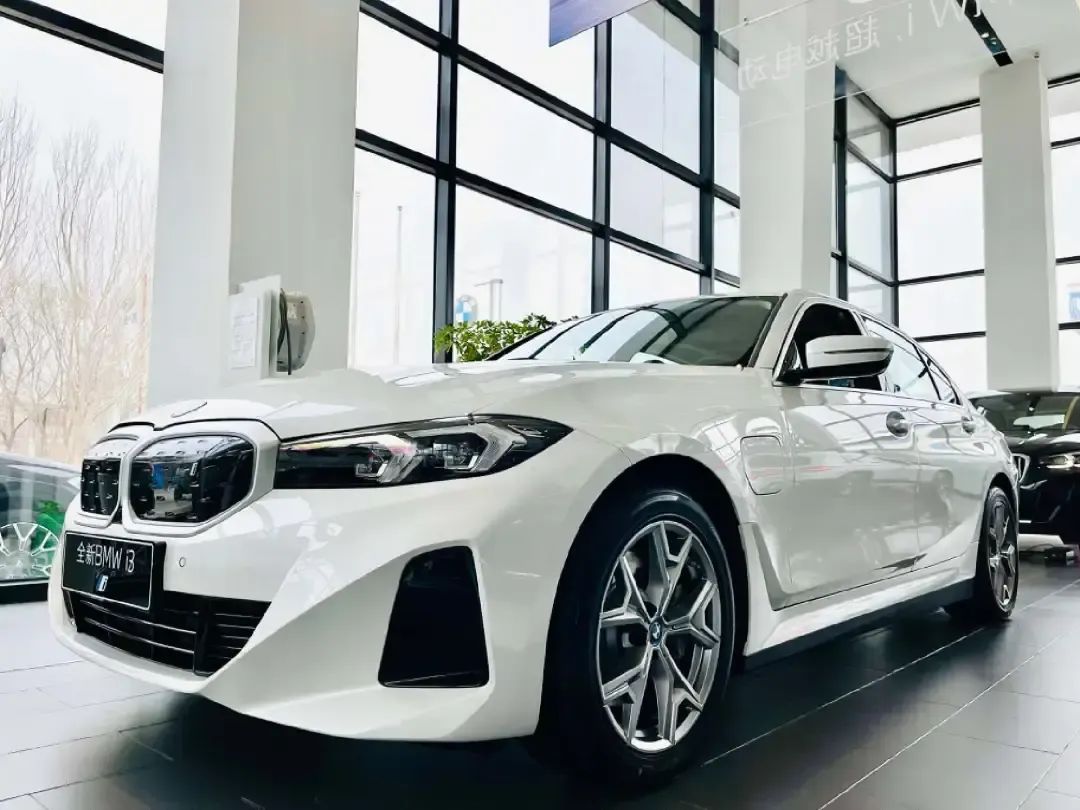
BBA is also falling from grace. Audi's operating profit in the third quarter of this year fell 91% year-on-year to €106 million. While BMW and Mercedes-Benz are not in as bad a situation, their profits have also declined by double digits.
In the third quarter of this year, BMW's net profit was €476 million, a year-on-year decrease of 83.8%; Mercedes-Benz's net profit was €1.719 billion, a year-on-year decrease of 53.8%.
Japanese cars are no longer blindly worshiped. From April to September this year, the net profits of Toyota, Honda, Nissan, Mitsubishi, and Mazda all declined compared to the same period last year. Especially Nissan, whose net profit plunged 94% year-on-year to only ¥19.2 billion (about RMB 910 million).
In addition, due to the fierce price war in the Chinese market, under the background of the advancement of electrification and the retreat of internal combustion engines, whether it is an entry-level car priced at RMB 100,000 or a mid-to-high-end model priced at RMB 300,000, Chinese brands continue to lower the price threshold for electric vehicles, carving up the market share of foreign brands.
According to data from the China Passenger Car Association, in October this year, the domestic retail share of independent brands was as high as 65.7%, while that of Japanese brands was only 12.9% and German brands only 15.8%.
As the largest single market for Volkswagen Group globally, China once accounted for 40% of its global sales during its peak. However, Volkswagen's share in China's new car market has now dropped to less than 20%.
Even BMW, Mercedes-Benz, and Audi have participated in the price war in the Chinese market. "Half-price BMW" and "Half-price Mercedes-Benz" have also trended on social media, but BBA has still failed to bring their brand sales back to their peak.

With sluggish sales, the proportion of idle factory capacity has also increased. According to a Reuters survey, the average capacity utilization rate of European automakers is only 60%. Especially in major automotive markets such as Germany, France, Italy, and the UK, the capacity utilization rate is only 54%.
Similarly, component suppliers are also facing layoffs due to a lack of orders. Although Bosch Group's Automotive and Intelligent Transportation business segment accounts for 60% of the company's total revenue, its profit margin is at its lowest level.
The layoffs are also related to local government policies.
To achieve the goal of electric vehicles accounting for 22% of the market share this year, the Society of Motor Manufacturers and Traders (SMMT) in the UK stated that automakers need to provide discounts totaling £4 billion to subsidize sales.
Due to the lack of additional electric vehicle incentives from the UK government, Stellantis, a veteran automaker, decided to close its van plant in a southern English city, resulting in the loss of over 1,000 jobs.
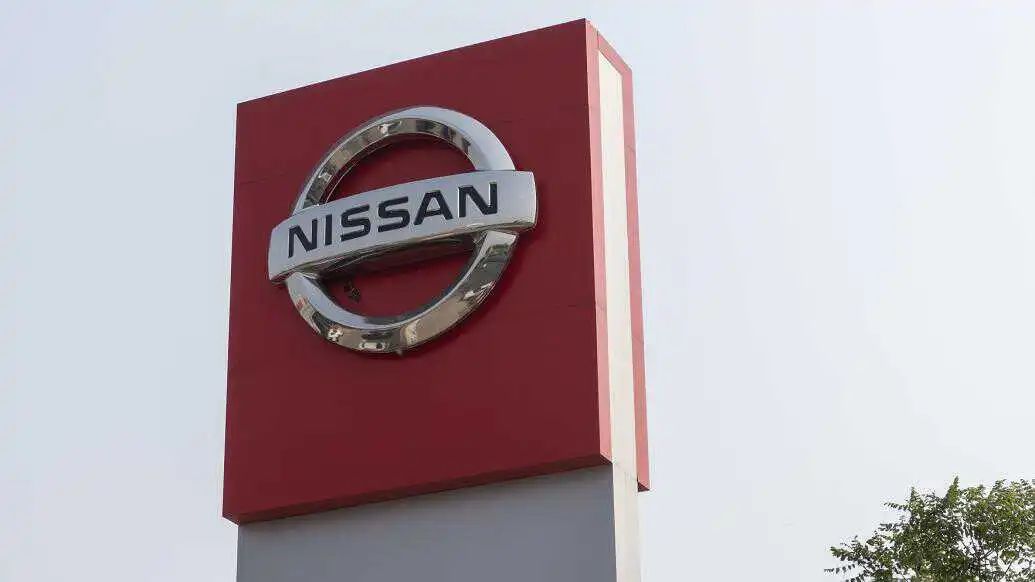
Nissan, which had urged the UK to relax electric vehicle regulations, recently announced a 20% global production cut and 9,000 layoffs. Even Nissan's CEO voluntarily took a 50% pay cut to help the company get back on track for growth.
Of course, adjusting product mix and responding to the trend of electric vehicles are also reasons for layoffs. At the end of September, General Motors announced plans to suspend production of the Cadillac XT4 in Kansas after January 2025 to prepare for the production of the new Chevrolet Bolt EV. This will result in the layoff of 1,695 workers at the Fairfax Assembly Plant in Kansas, accounting for nearly 70% of the total workforce.
03 No retreat in competition
In fact, not only foreign automakers but also domestic traditional automakers are facing hardships.
Taking SAIC Motor as an example, the group's revenue in the third quarter was RMB 142.56 billion, a year-on-year decrease of 25.58%; its net profit was RMB 280 million, a year-on-year decrease of 93.53%. SAIC Motor attributed this to the decline in the fuel vehicle market, the unprecedentedly fierce price war, the decrease in the company's sales revenue, the decline in gross margin, and the reduction in cash inflows.
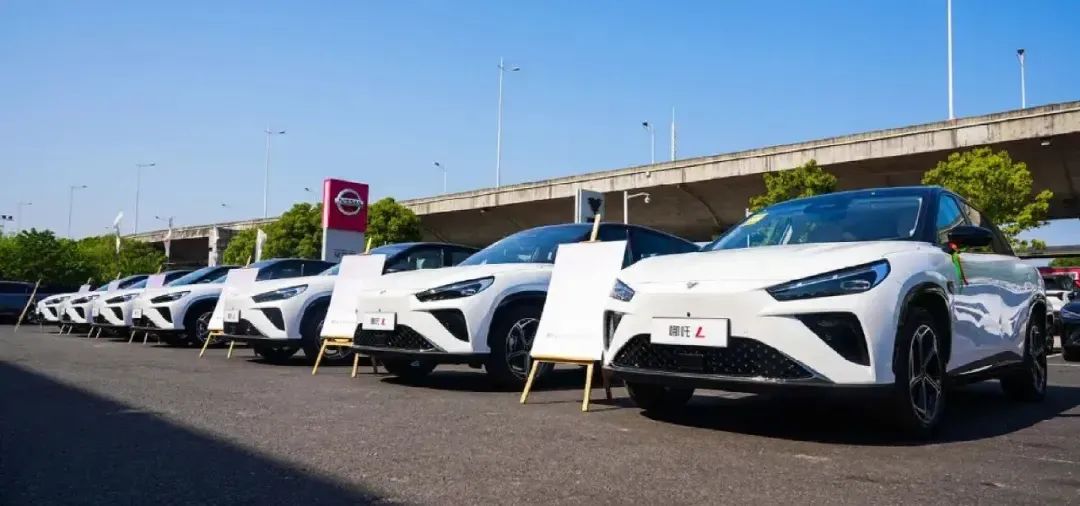
If traditional automakers need to consider cost reduction, new energy vehicle makers cannot afford any setbacks. Neta Auto has fallen into a quagmire of layoffs, unpaid wages, and unpaid suppliers.
Hozon Auto, which was absent from the Guangzhou Auto Show, has reportedly laid off all employees at its Shanghai branch and owed compensation to laid-off employees. In July, Hozon Auto had about 600 employees. Now, there are only 50 people left at Hozon Auto's Guangzhou headquarters, and the company may plan a restructuring.
Whether overseas or domestic, the automotive industry has sensed danger signals. In this highly competitive environment, how to avoid being eliminated may be the only way forward.
On the occasion of NIO's 10th anniversary, Li Bin said in an internal speech that the next two years will be crucial and cannot be compromised.
"We have no retreat and must not leave ourselves a retreat."






